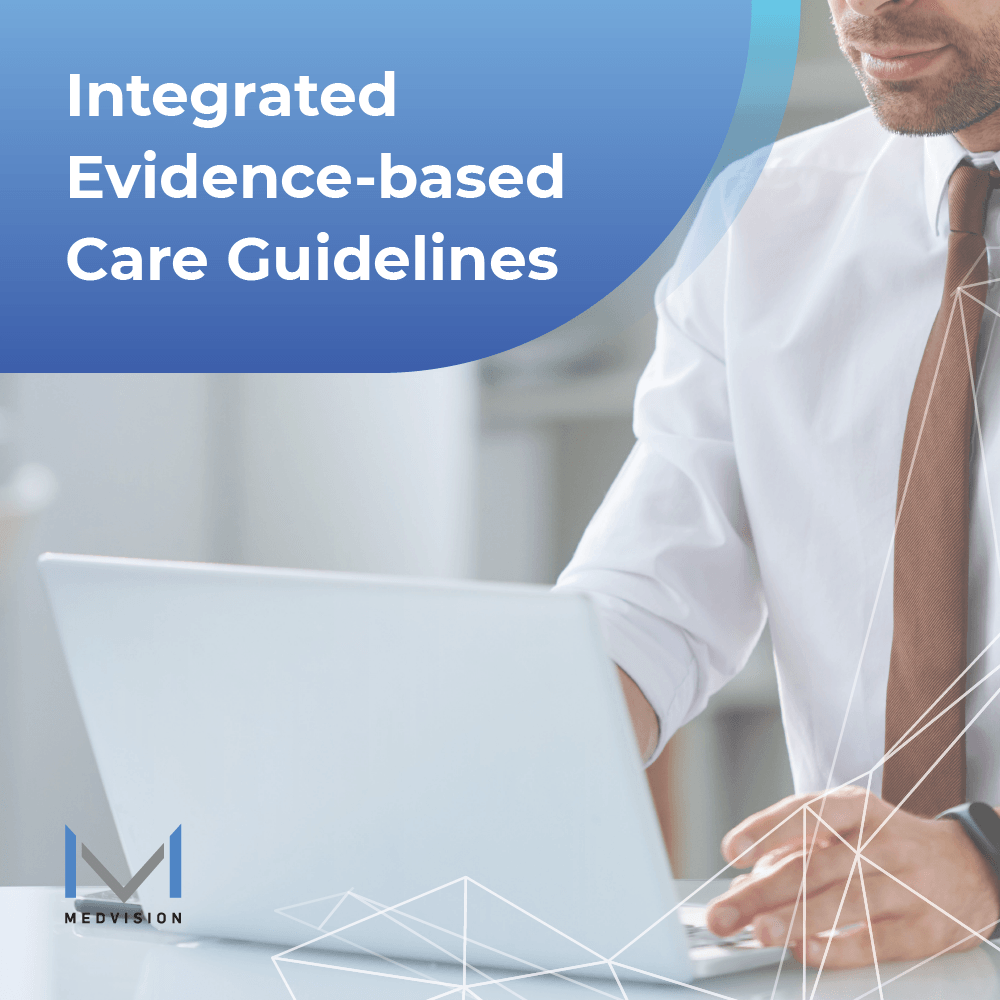Can Inclusive, Complete Health Solutions Settle ACO Woes?
Effective administrative processes are crucial to the success of Accountable Care Organizations (ACOs). ACOs were created in an effort to improve the healthcare experience. It is their primary goal to add value to patient care, enhance population health, and reduce healthcare costs. ACOs can address concerns from various service areas more efficiently with a system that provides complete health solutions.

What Are the Challenges Affecting ACOs?
A survey by the eHealth Initiative and Premier, Inc. discovered that many ACOs face interoperability issues. These concerns make it difficult for ACOs to merge data across the healthcare spectrum. But with complete health solutions that include all-inclusive resources, it’s easier to integrate information from different sources.
Insufficient Coordination Among Service Providers
The healthcare system is organically segmented. In many cases, providers and care teams work independently. This leaves the possibility for gaps in care and even redundant procedures, which can waste time and resources.
High Resource Demand on Administrative Processes
ACOs have to deal with a lot of work when it comes to processing numerous workflows. They deploy and exhaust resources just to manage authorization approval, claims adjudication, and pricing calculations. When distinct third-party applications or organizations are employed for each process, costs can increase significantly.
Incompatible Technology Platform
Providers with different electronic health record (EHR) systems face difficulties when handling EHRs outside their network. Without a centralized EHR system, it proves difficult for providers to collaborate and determine the optimal patient care strategy.
Improve ACO Operations with Complete Health Solutions
As a way to tackle and resolve challenges, many businesses now rely on technology. Recent advances in healthcare technology can help ACOs enhance performance, improve cross-system communication, and control costs. Advancements with complete health solutions include tools that yield exponentially greater efficiency than the analog alternatives.
Augment Provider Coordination
ACOs require prompt communication between all parties involved in order to implement effective care strategies. Having comprehensive case management software allows you to have a centralized system. This would facilitate an easy yet fast transmission of vital information not only between providers but also among patients and healthcare insurance companies.
Streamline Administrative Processes
As the number of inpatient and outpatient procedures grows, so does the number of administrative tasks. Resources spent on managing different administrative tasks can be reduced with a system that automates processes.
Unify Technological Tools
Multiple service providers must have access to patient data, including eligibility information, clinical history, and test results. Software interoperability enables the seamless exchange of information among all key personnel. A single multifaceted system that optimizes operations this way is a great asset to ACOs.

Gain Competitive Advantage with Interoperable Software
Leading ACOs gain a strong competitive advantage when an operational software that provides complete health solutions is in place. As a pioneer in the development of software solutions, MedVision has designed QuickCap v7 (QC7) to be the primary administrative software to assist you in achieving the highest efficiency. QC7 includes comprehensive automation capabilities that enable you to create custom rules for various operations, such as claims, authorizations, and referrals. With QC7, you also gain a consolidated case, task, and document management system, so you can eliminate paperwork and ensure the safety of all your data.
Optimize your business with comprehensive interoperable software.
References:
1. Accountable Care Organizations (ACOs): General Information | CMS Innovation Center. “Accountable Care Organizations (ACOs): General Information | CMS Innovation Center.” innovation.cms.gov, May 18, 2022. https://innovation.cms.gov/innovation-models/aco.
2. Sullivan, Thomas. “ACO Update: What Challenges Lie Ahead? – Policy & Medicine.” Policy & Medicine. www.policymed.com, May 6, 2018. https://www.policymed.com/2014/09/aco-update-what-challenges-lie-ahead.html.
3. Blackstone, Erwin A., and Jr Joseph P. Fuhr. “The Economics of Medicare Accountable Care Organizations - PMC.” PubMed Central (PMC). www.ncbi.nlm.nih.gov, February 1, 2016. https://www.ncbi.nlm.nih.gov/pmc/articles/PMC4822974/.
4. Levanthal, Ravij. “StackPath.” StackPath. www.hcinnovationgroup.com, January 22, 2016. https://www.hcinnovationgroup.com/policy-value-based-care/article/13026258/survey-acos-still-cite-lack-of-interoperability-as-biggest-barrier.
Recently published articles
Keep in touch
Subscribe to get the latest update
Trending topics
Share your insights on social media
Upcoming events and company news













